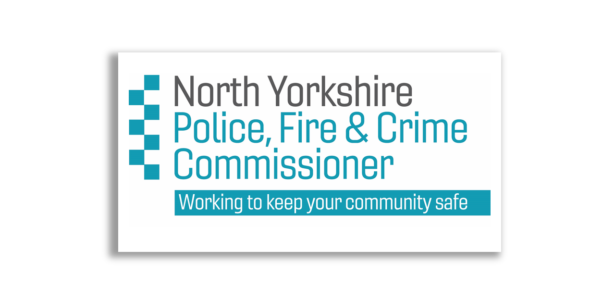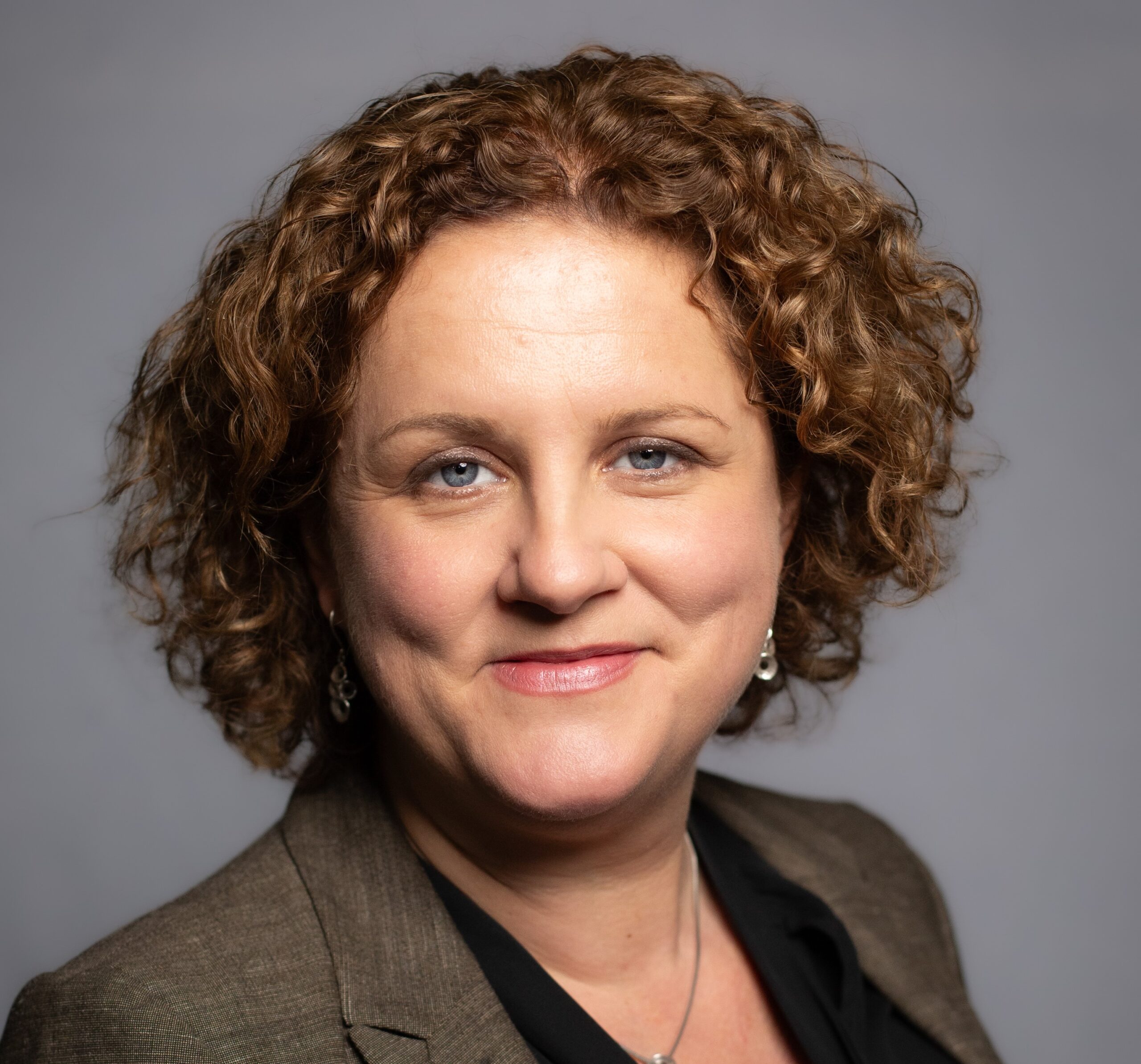Commissioner’s office signs up to continued commitment to tackle modern slavery

In the week of Anti-Slavery Day, we have signed up to a continued commitment to tackle this issue alongside Commissioners from West Yorkshire, South Yorkshire, Humberside, Durham, Cleveland and Northumbria.
The issue is already a priority for North Yorkshire Police who are addressing the crimes involved with modern slavery and human trafficking, bring offenders to justice and safeguarding those at risk. It is only right that, as Commissioner’s Offices, we play our part which is why we are committed to working in partnership with our suppliers to support and challenge them on their response.
As well as showing our continued commitment, we have published an update showing the progress being made and, importantly, what is still to do.
On this page
Read the commitment and update
Three questions which will help to unlock slavery
In the week of Anti-Slavery Day, Monday 18 October, The Commissioner’s Office, North Yorkshire and York Modern Slavery Partnership are asking people to consider three questions, in a bid to unlock slavery.
The Partnership, which brings together key agencies who work with communities and front line workers to raise awareness of and prevent modern slavery, are asking the public of York and North Yorkshire three simple questions:
- Do you think you know or have met anyone who may be a victim of modern slavery?
- Would you recognise the signs of slavery or human trafficking?
- If you were concerned about someone being exploited, perhaps a member of your family, would you know what to do or who to tell?
Many may assume that modern slavery and human trafficking is something that happens to non-British people who are smuggled into the UK illegally, to work in the countryside, cities and urban areas.
While very sadly, that does represent some of the horrendous cases of slavery and trafficking that we may hear about in the news – it’s not exclusively the case.
Unseen, the charity who run the Modern Slavery Helpline, have shared facts and figures which show that in 2018, 26% of all trafficking victims identified last year were actually British – making that the most common nationality, with Albanian (16%) and Vietnamese (8%) nationals the next most represented nationality.
Over previous years, awareness has been raised around slavery and trafficking taking place in businesses such as car washes, nail bars and restaurants. However, trafficking and slavery can also involve:
- Homeless people being forced to take jobs that come with threats and no pay
- Vulnerable girls and women being forced and threatened into sex work
- Young people being forced to act as drug couriers
- Teenagers being groomed by gangs to steal or deal drugs
Recent media coverage of county lines drug dealing has highlighted how vulnerable children and young people are targeted by criminals and lured into gangs, who then ultimately force them through coercion and fear to carry out these illegal tasks.
Trafficking does not have to involve moving people secretly from country to country. It means moving a person by force, fraud, coercion, or deception with the intention of exploiting them and many traffickers move people through legitimate means – on airplanes or in cars, buses and coaches in plain sight.
All of this means that slavery, trafficking and exploitation could be happening right next to you or to someone you know and love.
But how to spot the signs? Detective Superintendent Allan Harder, Lead for Safeguarding at North Yorkshire Police said:
“Because modern slavery could involve forced labour, servitude, sexual exploitation and forced criminality, you literally could come into contact with a victim at any point in your day-to-day life. For example when you are out shopping, visiting bars, restaurants or hotels, getting your nails done, or the car washed – it could be present in any of these seemingly innocent interactions.
“Is there someone you know of or see – perhaps at work or working somewhere you visit regularly, who you feel doesn’t have control over their own situation? Are they free to come and go, or are they picked up and dropped off all the time? Do they appear to be frightened or withdrawn? Or perhaps they don’t have access to money, clean clothes or their own documentation like passports or driving license? These could all be signs or forced labour.
“Or maybe you have a young person in your family who has suddenly become withdrawn, or experiencing mood swings and becoming angry. Things may have got difficult at home and they may have stopped attending school or there is uncertainty over their whereabouts, who they are with or when they are coming home. They may have been missing overnight for periods of time, but come home dressed differently or with expensive gifts. These are all signs which could suggest that someone is exploiting them.
“Through the North Yorkshire and York Modern Slavery Partnership, we have been working closely with key agencies to understand what modern slavery and trafficking looks like in North Yorkshire. We’ve been building a picture and sharing insights, knowledge and intelligence with partners such as our local authorities, HM Revenue and Customs, Trading Standards, the Gangmasters & Labour Abuse Authority and the Environment Agency so that this insidious crime is unhidden and those who exploit are brought to justice and victims are found and safeguarded.
“The public plays a key role in helping us to continue building this picture of intelligence, by reporting their concerns. If you think someone you know may be a victim of criminal exploitation – through trafficking, slavery, abuse, violence and fear – report it to North Yorkshire Police on 101. In an emergency always call 999.
“If you do not want to speak to the police, there are many other ways you can report in confidence – through the Modern Slavery Helpline on 0800 0121700 or through Crimestoppers on 0800 555 111. It’s only by working together and sharing information that we can root out slavery and exploitation and help those who find themselves a victim of it.”
North Yorkshire County Council Leader Cllr Carl Les said:
“I welcome the opportunity afforded by Anti-Slavery Day to raise awareness of this scourge, which is as modern as it is historic.
“As a major employer and buyer of a wide range of goods and services, we have a responsibility to take a robust approach to slavery and human trafficking.
“We are fully committed to preventing this abuse and exploitation in our activities and to ensure our supply chains are free from it. We continually review our policies and procedures and our most recent policy can be found at www.northyorks.gov.uk/info/modern-slavery-statement
“In addition, the County Council and City of York Council are among 10 areas chosen by the Home Office to pilot a project to put in place local support for victims of trafficking or exploitation. This has seen the creation of a multi-agency panel to make decisions on protecting and supporting adult and child victims of modern slavery in the county. The panel has powers to put in place specialised, tailored support. The pilot has been running for several months and feedback has been positive.”
Cllr Denise Craghill, Executive Member for Housing and Safer Communities at City of York Council, said:
“Slavery of any kind is illegal and unacceptable. Raising awareness of it and how to report it is so important as, besides the dreadful human distress and misery it causes, it can be connected to organised crime. If you believe you’ve seen or heard something that indicates slavery or trafficking taking place, take action and call 101. You can give your information anonymously.”
How to make a report
Please make a report to North Yorkshire Police on 101, option 1, and speak to the Force Control Room. If an emergency response is required, always dial 999.
You can also contact the Modern Slavery Helpline in confidence – either by phone on 0800 0121700 or the website www.modernslaveryhelpline.org. They have a team of interpreters covering more than 70 different languages.
If you wish to remain anonymous, please contact Crimestoppers on 0800 555111 or go to the website https://crimestoppers-uk.org/keeping-safe/community-family/modern-slavery.
If you have any information about the mistreatment of workers, labour providers operating without a licence or a business, you can contact Gangmasters & Labour Abuse Authority on 0800 432 0804 or go to https://www.gla.gov.uk/.
If you work in the agriculture sector either as an employer or worker, the Farm Work Welfare app developed by The Clewer Initiative to provide information about modern slavery and how to spot the signs. The app can be access by going to: https://theclewerinitiative.org/farmworkwelfare
Seek help from Supporting Victims in North Yorkshire whether or not the incident has been reported to the police. Please go to www.supportingvictims.org or call 01609 643100.
